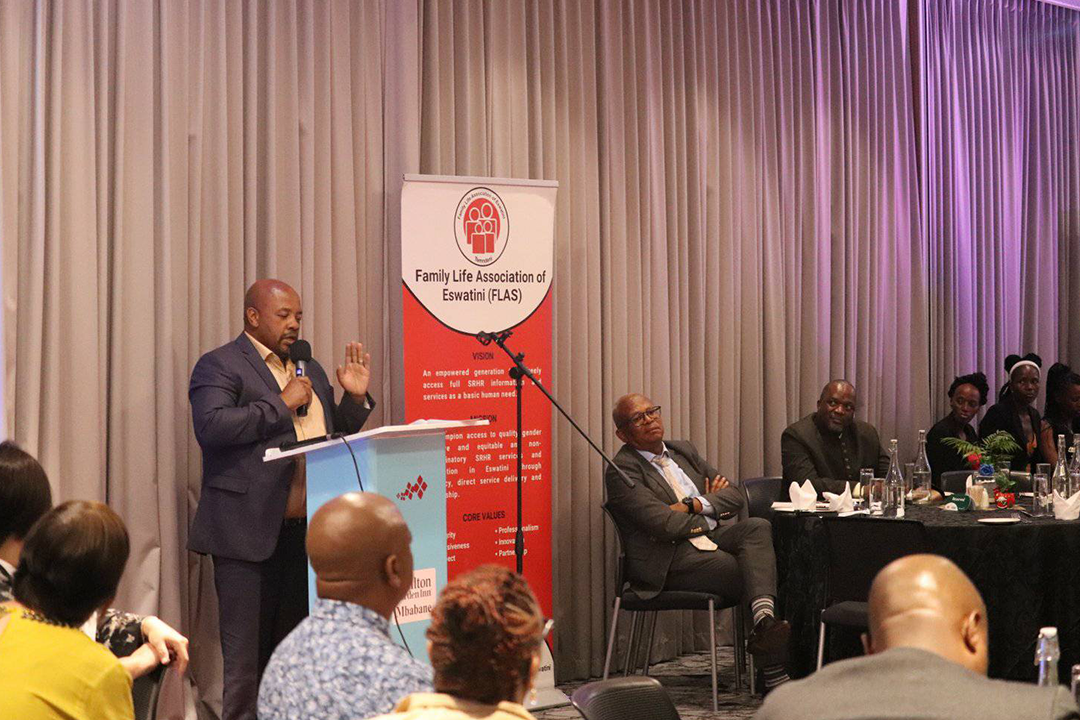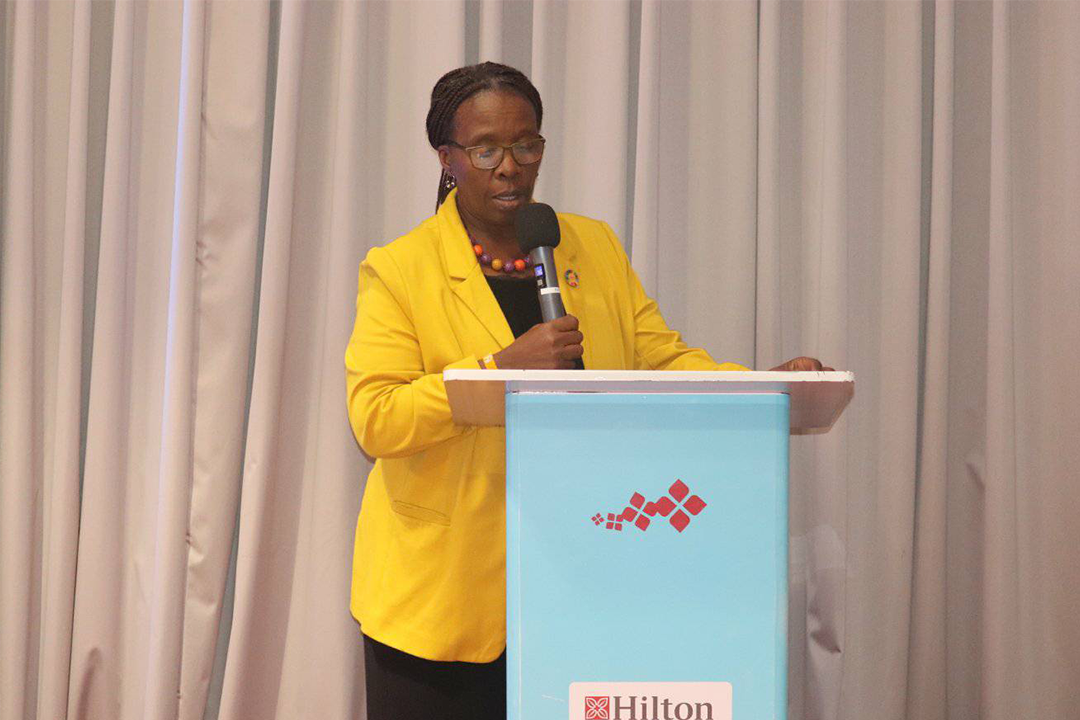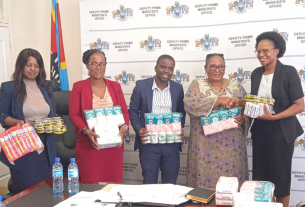BY PHESHEYA IAN KUNENE
MBABANE – The United Nations Population Fund (UNFPA) Head of Office in Eswatini, Margaret Thwala-Tembe, has called for inclusive and innovative approaches to address the rising rate of HIV infections in the country.
Her remarks were made during a special dinner hosted by the Family Life Association of Eswatini (FLAS) on the evening of Thursday December 19, 2024 at the Hilton Garden Inn Hotel in Mbabane.
The event, which celebrated the progress made under the Consortium to Advance Access to New HIV Prevention Products (CAAPP) project, was attended by FLAS staff, stakeholders from Eswatini and beyond, and other prominent figures.
Thwala-Tembe expressed concern over findings from the 2022 Multiple Indicator Cluster Survey, which revealed a troubling increase in new HIV infections in Eswatini. She emphasised the urgency of adopting new strategies to ensure prevention programs reach all sectors of the population, particularly underserved groups such as persons with disabilities, who often face barriers to accessing services.
“The CAAPP project is being implemented at a critical time,” she stated, adding that its aim is to remove barriers to individual choice while improving access to and uptake of HIV prevention services. She described the initiative as pivotal in addressing the most pressing challenges in HIV prevention.
The CAAPP project, Thwala-Tembe explained, complements existing biomedical HIV prevention models such as the Prevention of Mother-to-Child Transmission, Voluntary Medical Male Circumcision, and the Condomize Campaign. These programs, supported by FLAS, the government, and development partners including PEPFAR and UNFPA, align with Eswatini’s goal of achieving zero sexual transmission of HIV by 2030.

Other speakers at the dinner included the guest speaker, Minister of Health Mduduzi Matsebula, FLAS President Ambrose Maseko, FLAS Executive Director Patrick Dlamini, and Gender and Rights – FPAI Director Nisha Jagdish. All emphasized the importance of continued collaboration and innovative strategies in HIV prevention.
In her remarks, Thwala-Tembe praised FLAS and its partners for their leadership in integrating sexual and reproductive health, HIV, and gender-based violence programming. She highlighted the FLAS Youth Action Movement as a critical initiative that equips young people with life skills and information to prevent early sexual debut. She noted that such programs also contribute to the implementation of Eswatini’s National Youth Policy 2020.
“Strengthening our approach to HIV prevention requires that our programs be inclusive, equitable, and leave no one behind,” she said, emphasizing the importance of collaboration and the sharing of best practices through South-South cooperation.
Quoting UNFPA Executive Director Dr. Natalia Kanem, Thwala-Tembe underscored the importance of sexual and reproductive health services for adolescents and young people, noting their role in fostering healthier communities.
In conclusion, she reaffirmed UNFPA’s commitment to working with the government and stakeholders to advance access to quality SRHR, HIV, and GBV services. She urged all partners to remain steadfast in their efforts to end the sexual transmission of HIV by 2030.
“By working together and leveraging innovative solutions, we can address these challenges effectively and ensure a healthier future for all,” Thwala-Tembe said.




